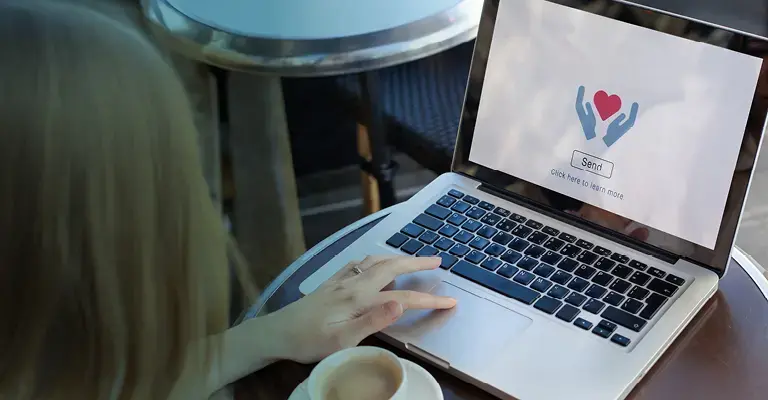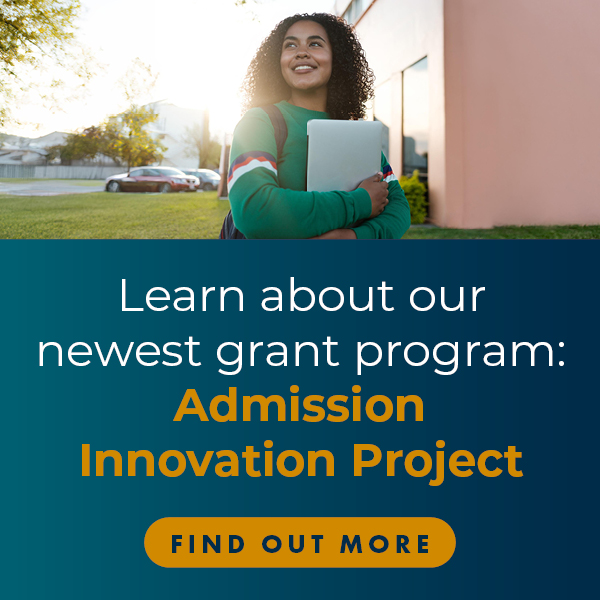Since launching our grantmaking activities in 2014, we have awarded over $26.4 million in support of our research priorities: access, affordability, and the value of legal education.
Awarded Grants
Grant Program
Grant Status

Bowie State University
Prelaw Society: Prelaw Pathway Initiative
The Prelaw Society at Bowie State University supplements the Prelaw minor curriculum through activities that provide a supportive community. Through advising, workshops, networking opportunities, scholarly forums, and mentorships with judges, faculty, and attorneys, the program equips students from all majors with the knowledge, skills, disposition, and connections necessary for success in the legal field. The Prelaw Society empowers students with a solid foundation for their future legal careers.
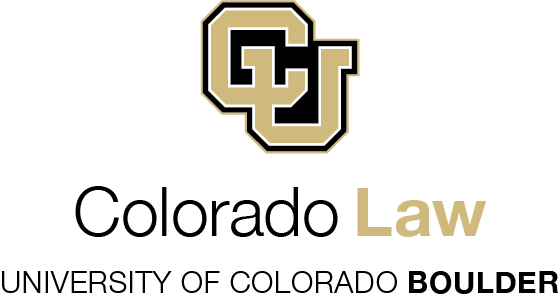
University of Colorado Law School
Colorado Pre-Law Pathway Partnership (CPPP)
This collaboration between the University of Colorado Law School (CU Law) and Metropolitan State University of Denver (MSU), a Minority Serving Institution, seeks to increase matriculation into law school by MSU undergraduates from underrepresented racial, ethnic, and socioeconomic backgrounds. The Program uses a differential treatment methodology to grow the knowledge base about pre-law supports through a novel, long-term intervention focused on student awareness, engagement, and belonging.
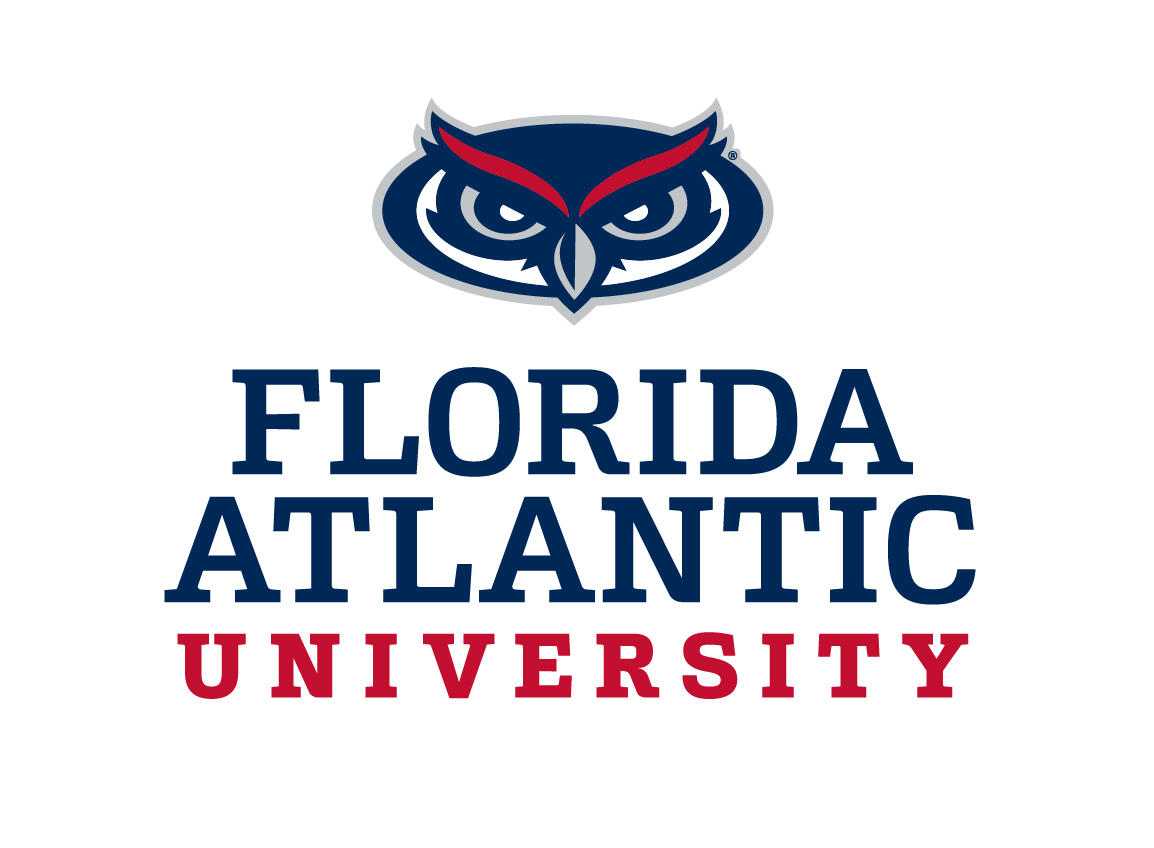
Florida Atlantic University
Florida Atlantic University Pre-Law University Services (PLUS) Expansion [PLUS-Expansion]
FAU's focus is on traditionally underrepresented groups in law. FAU will: 1) Create an inclusive pre-law community for all students, especially those historically underrepresented in law; 2) Eliminate barriers for law school applications; 3) Build a pre-law hub of services to enhance and integrate existing FAU Pre-Law University Services (PLUS) resources; and 4) Establish a formal articulation agreement with St. Thomas University, setting an example for partnerships with other law institutions.
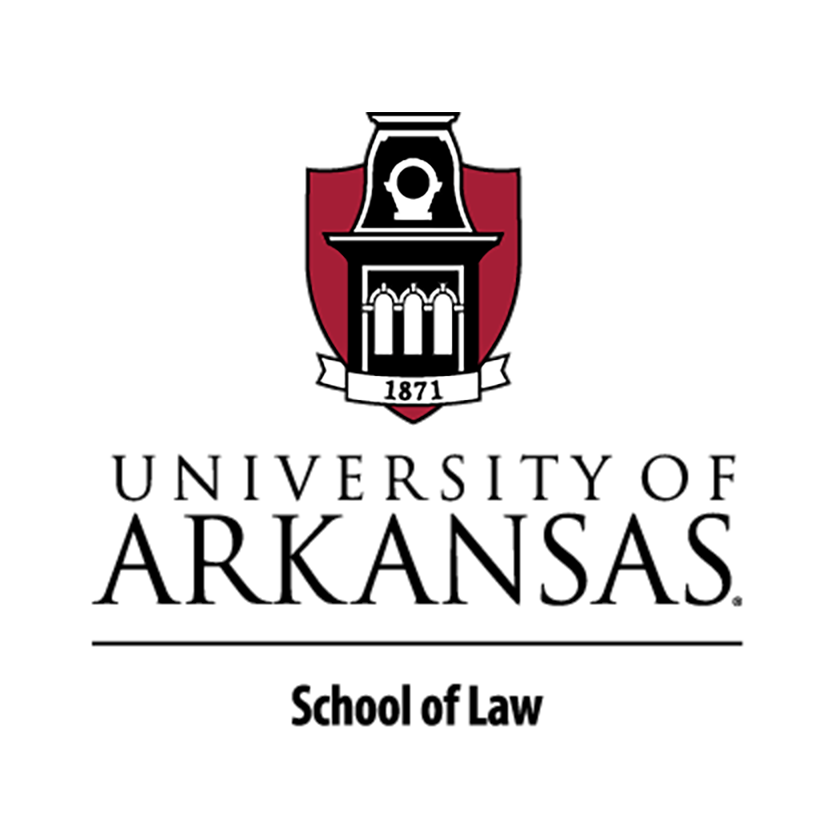
University of Arkansas
Summer Pre-Law Program Arkansas [SPPARK]
SPPARK is an intervention program that addresses challenges in the educational pipeline to the legal profession by exposing historically underrepresented students to information, skills, resources and mentors focused on facilitating successful matriculation into law school and the legal profession. We will conduct a quasi-experimental process and outcome evaluation of SPPARK that involves the differential treatment of participants with high-intensity treatment and low-intensity control groups.

Willamette University
Grant Title: Assessing the Impact of Cohort Structure on First-Time Bar Pass Rates
This project hypothesizes that implementing a cohort structure for recent law school graduates who use Helix Bar Review while studying for state bar exams will result in improved bar passage rates for these first-time test takers. Project results will inform legal education literature as well as other ongoing studies and activities to improve passage rates and may, depending on cohort size, provide insight into the disparity currently seen in the passage rates of underrepresented populations.
View grant outcomes.

Chicago-Kent College of Law, Illinois Institute of Technology
One & Done addresses three barriers to passing the bar exam on the first try that face "at-risk" graduates. First, these graduates need more personal support with time management than they typically get from commercial preparation programs, as well as additional study time devoted to spaced repetition study and practice-as-study. Second, many need financial support. Third, many need support to stay emotionally, psychologically, and socially healthy through the grueling bar preparation process.
View grant outcomes.

UC Berkeley School of Law
This grant will support the development of the Pre-Law Online Curriculum, a web-based, mobile-friendly pre-law advising center that is free and available to all. This system will provide instructional modules, community discussions, and online resources to students preparing for law school.
View grant outcomes.
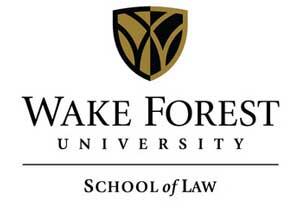
Wake Forest University School of Law
This project will identify students’ knowledge gaps about the law school admissions process, negative views of Predominantly White Institutions (PWIs), and financial barriers that lead to fewer application submissions, and fewer offers of acceptance.
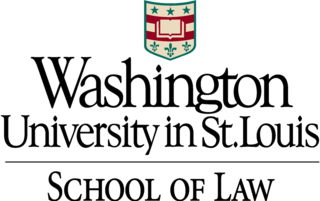
Washington University School of Law
The project aims to evaluate factors that will enhance the value and relevance of legal education, especially for historically underrepresented groups. The first objective is to create a nationwide archival dataset on lawyer rosters, lawyer disciplinary actions, and state occupational licensing requirements for lawyers in the United States from 1900 to 2018. Second, the research will investigate the effects of a host of law school and licensing policies that are relevant to the value of legal education.
View grant outcomes.

